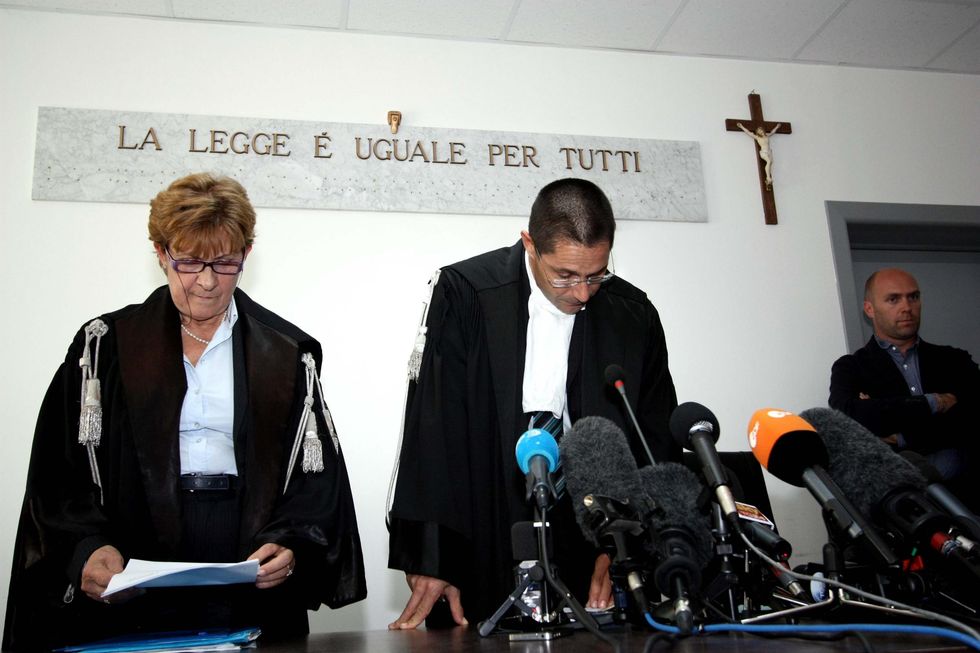If you want rapid justice in Italy use arbitration more
There is a way to save time and money on lawsuits. The president of the Arbitration Chamber explains it.
«The government does not helps us, we help the government» says the president of the Italian Arbitration Chamber, Bernardo Blasio who, since 1995, with a large group of lawyers, academics and judges, is committed to spreading the culture and method of arbitration as an alternative to the ordinary courts.
Not many know that they can resort to a «private justice system» with several advantages.
The arbitration procedure, at the end of which an award is issued, having the same legal effects as a court decision, cannot take more than 240 days: that in itself is a real saving in time if we consider that the average duration of an ordinary civil procedure is 7 years.
Moreover, while the costs of a trial are uncertain, and increase at every level of judgment, arbitration is characterized by certain, well-defined costs (the rates are published on the website www.cameraarbitraleitaliana.it).
Also, while in a civil suit the court costs are usually divided between the parties, and the loser usually has to pay 50%, the costs of arbitration proceedings are generally assigned to the loser. «Against a case load of 5 million civil suits pending and an expense of 200 million euros in 2011 alone for sanctions applied for the unreasonable length of the trials» explains Blasio «arbitration offers an effective and efficient remedy».
The institution, now limited to business contracts of high value, could be advantageous to ordinary citizen for cases of medical malpractice, real estate sales, and whenever the interests of both parties coincide.
The coinciding interest, needless to say, is the rapidity with which a solution is reached.


